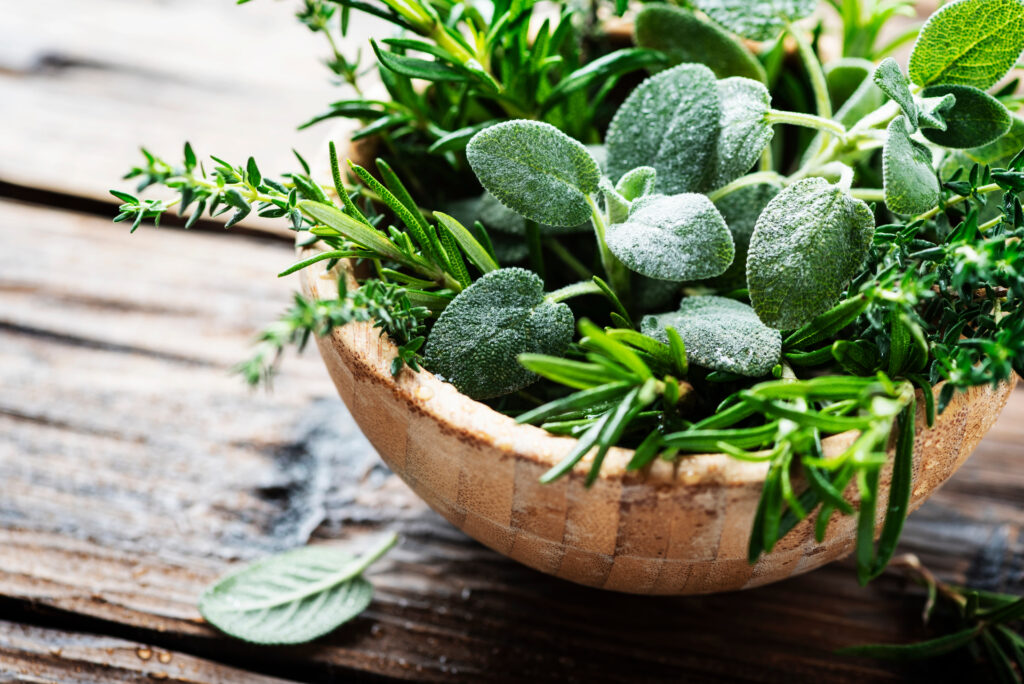
In the quest for health and wellness, individuals are increasingly turning towards alternative and natural approaches to healing. Among these practices, holistic herbalism stands out as a time-honored tradition that seeks to treat the body as a whole rather than merely addressing symptoms. As a naturopathic practitioner, I firmly believe in the power of holistic herbalism to unlock the body’s innate healing potential, offering a gentle and comprehensive approach to restoring balance and vitality. Today, let’s explore the key differences between allopathic and holistic herbalism, and understand why embracing the latter can lead to a transformative healing experience.
Allopathic vs. Holistic Herbalism: A Paradigm Shift
Allopathic medicine, commonly referred to as conventional or Western medicine, often focuses on symptom management. While it undeniably offers significant advancements in medical science and emergency care, it is primarily centered around the use of prescription drugs to alleviate specific symptoms. Unfortunately, these drugs can have numerous adverse reactions, with some medications listing up to 70 side effects. Although effective for many conditions, the approach often falls short in addressing the root cause of the problem.
On the other hand, holistic herbalism follows a fundamentally different path. It views the body as an interconnected system, where every organ, tissue, and emotion plays a vital role in overall health. The primary objective of a holistic naturopath is to understand the underlying imbalances and support the body’s self-healing mechanisms using herbal remedies, lifestyle modifications, and personalized care.
Healing the Body as a Whole
In holistic herbalism, the focus is not solely on eradicating symptoms but rather on identifying and treating the root cause of an ailment. This approach recognizes that symptoms are often the body’s way of communicating that something is amiss. Instead of suppressing these signals, holistic herbalism aims to listen to the body’s messages and address the underlying issues.
For instance, suppose a person is experiencing chronic headaches. Allopathic medicine might prescribe painkillers to alleviate the pain temporarily. In contrast, a holistic naturopath would delve into the patient’s lifestyle, stress levels, diet, and other factors that could contribute to the headaches. By identifying potential triggers and imbalances, the naturopath can recommend specific herbal remedies, dietary adjustments, relaxation techniques, and lifestyle changes to promote lasting relief and overall well-being.
Harnessing the Power of Herbal Remedies
Herbalism has been practiced for centuries across various cultures, and its potency in healing is well-documented. Holistic herbalism embraces this vast knowledge to offer a diverse range of herbal remedies that can support the body in its healing process. These herbs are carefully selected based on their unique properties and interactions with the individual’s constitution and specific health needs.
Unlike prescription drugs, which often come with a lengthy list of side effects, herbal remedies, when prescribed by a qualified holistic naturopath, are generally well-tolerated by the body. Their natural origin allows for gentle and effective healing without causing additional harm.
Embracing Holistic Wellness
Holistic herbalism goes beyond addressing physical symptoms and extends its care to include mental, emotional, and spiritual aspects of health. This comprehensive approach acknowledges that our well-being is influenced by a delicate interplay of various factors.
A holistic naturopath collaborates with their patients to create a customized wellness plan that incorporates herbal remedies, stress management techniques, mindfulness practices, and lifestyle changes. By nurturing the body, mind, and soul, individuals can experience a more profound and lasting transformation in their health and overall quality of life.
Holistic herbalism offers a profound shift in our approach to health and healing, emphasizing the importance of treating the body as a whole and seeking the root cause of ailments. With its reliance on herbal remedies and personalized care, this approach empowers individuals to take charge of their well-being and fosters a deeper connection to their bodies and inner selves.
About the Author: Maria Daniels is a passionate and dedicated holistic naturopath with a profound belief in the power of holistic herbalism. With years of experience in the field, Maria has witnessed the transformative potential of natural healing methods in her clients’ lives. Her expertise lies in teaching people to look at the body as a whole, delving into the root cause of health issues rather than merely addressing symptoms. As a holistic naturopath, Maria is committed to empowering individuals to embrace their innate healing potential and embark on a journey toward optimal well-being and vitality. Through her insightful writings and personalized consultations, Maria seeks to inspire others to embrace holistic herbalism and foster a deeper connection to their bodies and inner selves.
Legal Disclaimer: The information provided in this blog post is for educational and informational purposes only. It is not intended as a substitute for professional medical advice, diagnosis, or treatment. Always seek the advice of your physician or another qualified healthcare provider with any questions you may have regarding a medical condition. Never disregard professional medical advice or delay seeking it because of something you have read in this blog post.